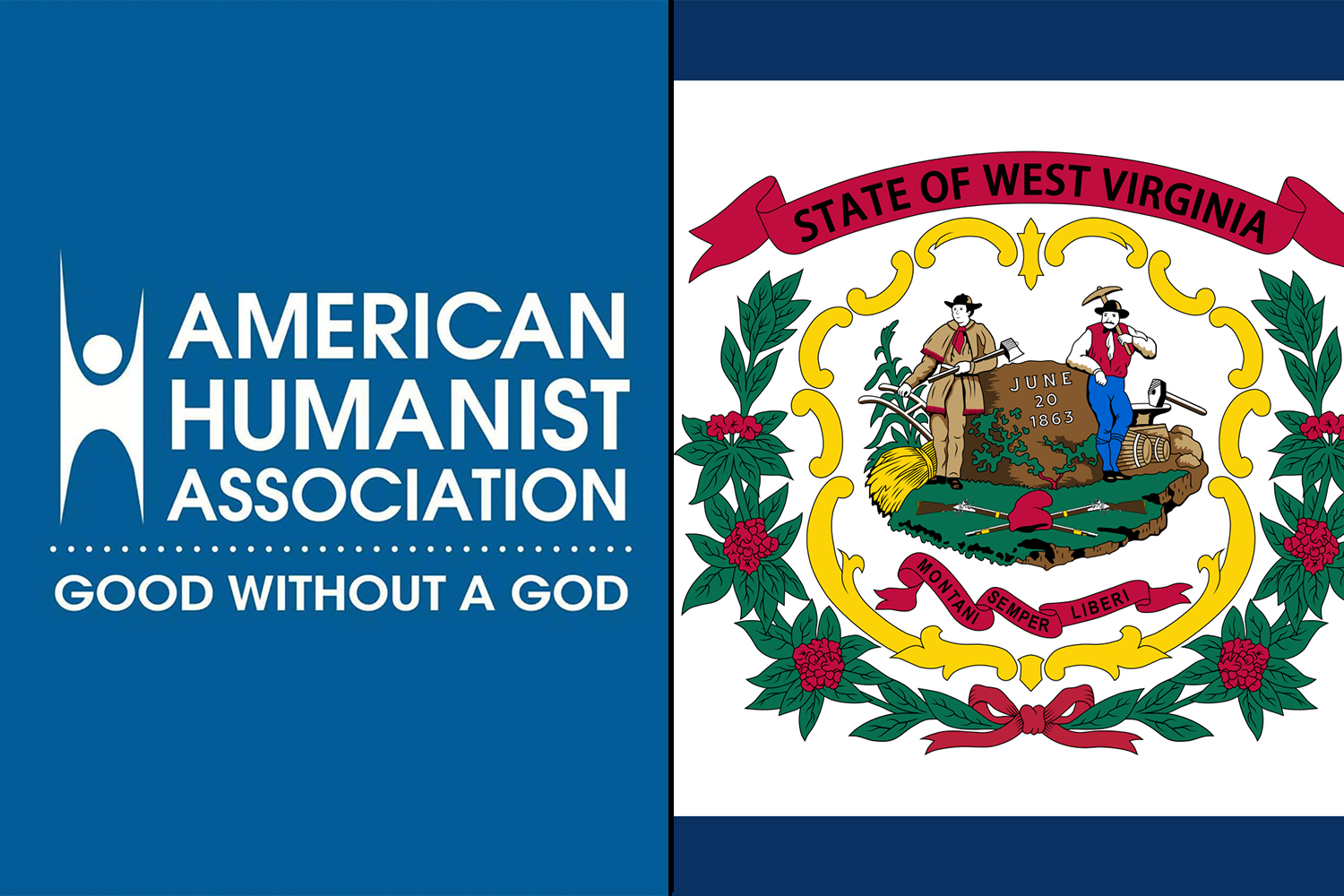
(RNS) — A West Virginia circuit court judge ruled that the state’s Water Development Authority violated the state constitution when it awarded a $5 million grant to an out-of-state Catholic school, a win for champions of church and state separation.
The judge in Kanawha Circuit Court said on Wednesday (July 9) that the West Virginia Constitution prohibits the use of public funds to support religious education and advocacy. The College of St. Joseph the Worker, a Steubenville, Ohio, Catholic-affiliated trade school, was awarded the funds last year to expand operations into West Virginia. The school trains students in trades, including carpentry, HVAC, plumbing and electrical, but it only confers a degree of Bachelor of Arts in Catholic studies. Its motto reads: “The Word became flesh and picked up a hammer,” a reference to a passage in the Gospel of John.
According to the grant proposal, about $2.1 million of the $5 million grant would create a real estate, development and construction company headquartered in Weirton, West Virginia, where students could learn building trades. But about $1 million would support a think tank called The Center for the Common Good that advocates against abortion. And $1.6 million would go toward scholarships for the recruitment of West Virginia students.
Judge Richard Lindsay gave the water authority 30 days to rework the grant to make it comply with the state’s constitution.
The suit was brought in January by the American Civil Liberties Union, which sued on behalf of the American Humanist Association, which has a chapter in West Virginia.
“The separation of church and state is a non-negotiable, and the West Virginia Water Development Authority had no business granting public infrastructure dollars to fund religious education and advocacy,” said Amitai Heller, the American Humanist Association’s legal director, in a statement.
According to its mission statement, the College of St. Joseph the Worker “forms students into effective and committed members of their communities by teaching them the Catholic intellectual tradition while training them in skilled and dignified labor.” As of 2023, it had $860,000 in revenue and about $2.5 million in assets, according to its IRS 990 form.
But the West Virginia Constitution has a robust establishment clause. It reads in part, “the Legislature shall not prescribe any religious test whatever, or confer any peculiar privileges or advantages on any sect or denomination, or pass any law requiring or authorizing any religious society, or the people of any district within this state, to levy on themselves, or others, any tax for the erection or repair of any house for public worship, or for the support of any church or ministry.”
Marie Prezioso, executive director of the West Virginia Water Development Authority, did not return requests for comment.
RELATED: American Humanist Association sues West Virginia over $5 million grant to Catholic college
